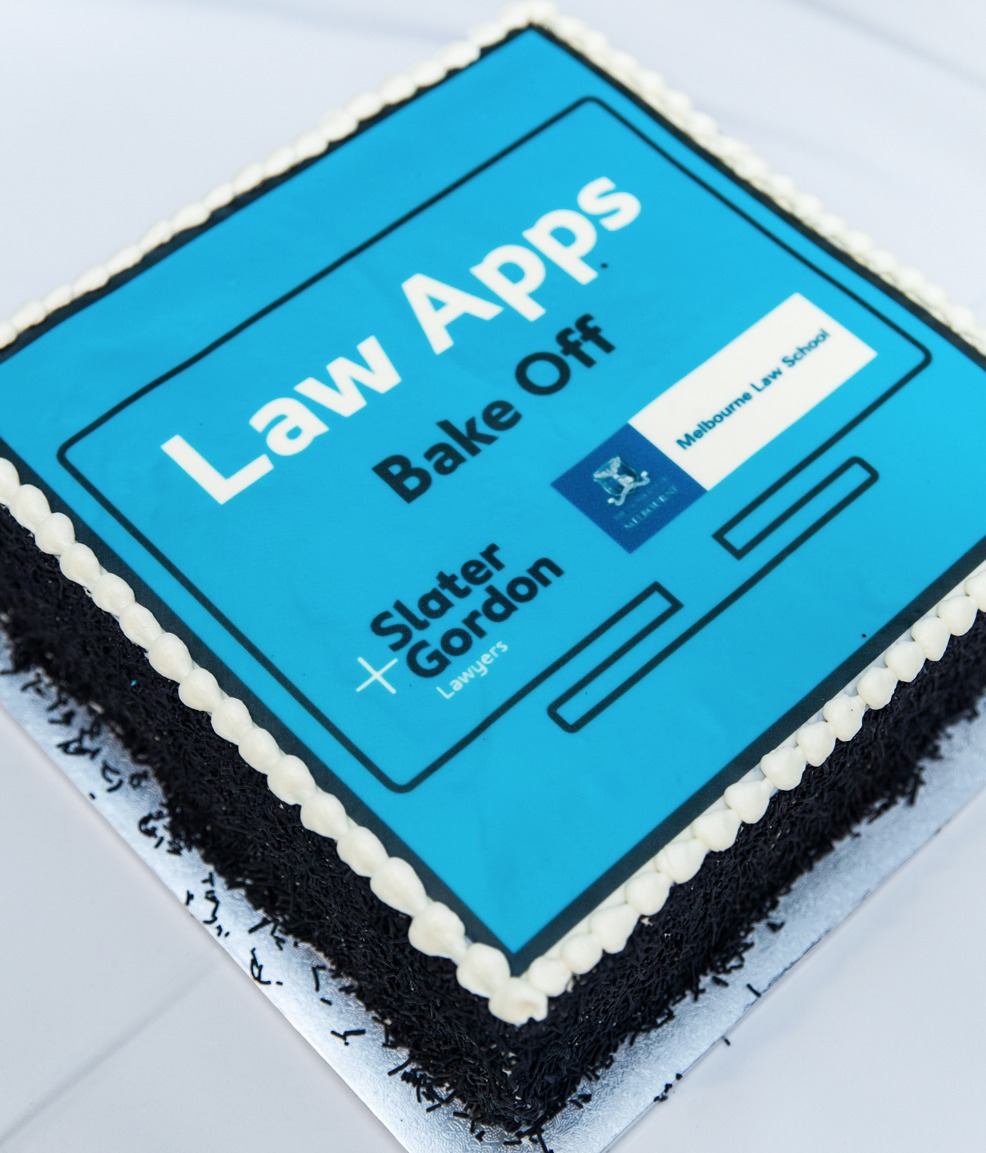Technology is rapidly changing the nature of legal practice. New subjects offered in the Melbourne Juris Doctor (JD) are equipping students with the knowledge and resources to play a leading role in this new order.
By Blake Connell
Technology is rapidly changing the nature of legal practice. New subjects offered in the Melbourne Juris Doctor (JD) are equipping students with the knowledge and resources to play a leading role in this new order.

MLS Associate Professor Jeannie Paterson says law firms are using digital technology to do much of the work humans once would have done.
“From online dispute resolution to document discovery, digital technology will soon be part and parcel of legal practice,” she says.
“Artificial intelligence, for example, can help to draft contracts – and not just by spitting out boiler plate provisions, but in identifying the parties’ controversial issues and finding solutions to them.”
The infiltration of technology into almost every part of our lives raises regulation issues for the law as well.
“Normally, legislation is written to govern humans,” Paterson says.
But now we also need to think about governing algorithms, computers and even robots.
In response, MLS offers a number of subjects and extracurricular opportunities that encourage students to engage with the law and new technology.
On the back of last year’s inaugural Corporate Law Hackathon, a team of MLS students is taking part in Law Without Walls x – an international problem solving event in which social enterprise teams from around the world work online to develop a solution to law-related social justice problems.
Students in the subject Law Apps, (now in its third year) build and design digital legal applications. Numerous Law Apps alumni are now working in the field of legal technology.
And in 2017, two new subjects – Start Up Law and New Technology Law – will allow JD students to learn about novel legal problems currently facing industry from the very professionals spearheading these developments – Michael Pattison from the Neural Contract Company and Cameron Whittfield, Technology Partner at PwC.
Paterson says these subjects and experiences are designed to complement the traditional legal learning that underpins the MLS JD.
“Learning the law in a doctrinal and historical context is still important because the law has always used these tools to respond to new challenges. Technology is not making law degrees redundant, but forcing students to re-imagine the law and apply it in a novel context.”
This article originally appeared in MLS News, Issue 17, May 2017.